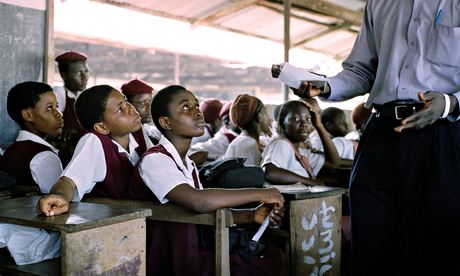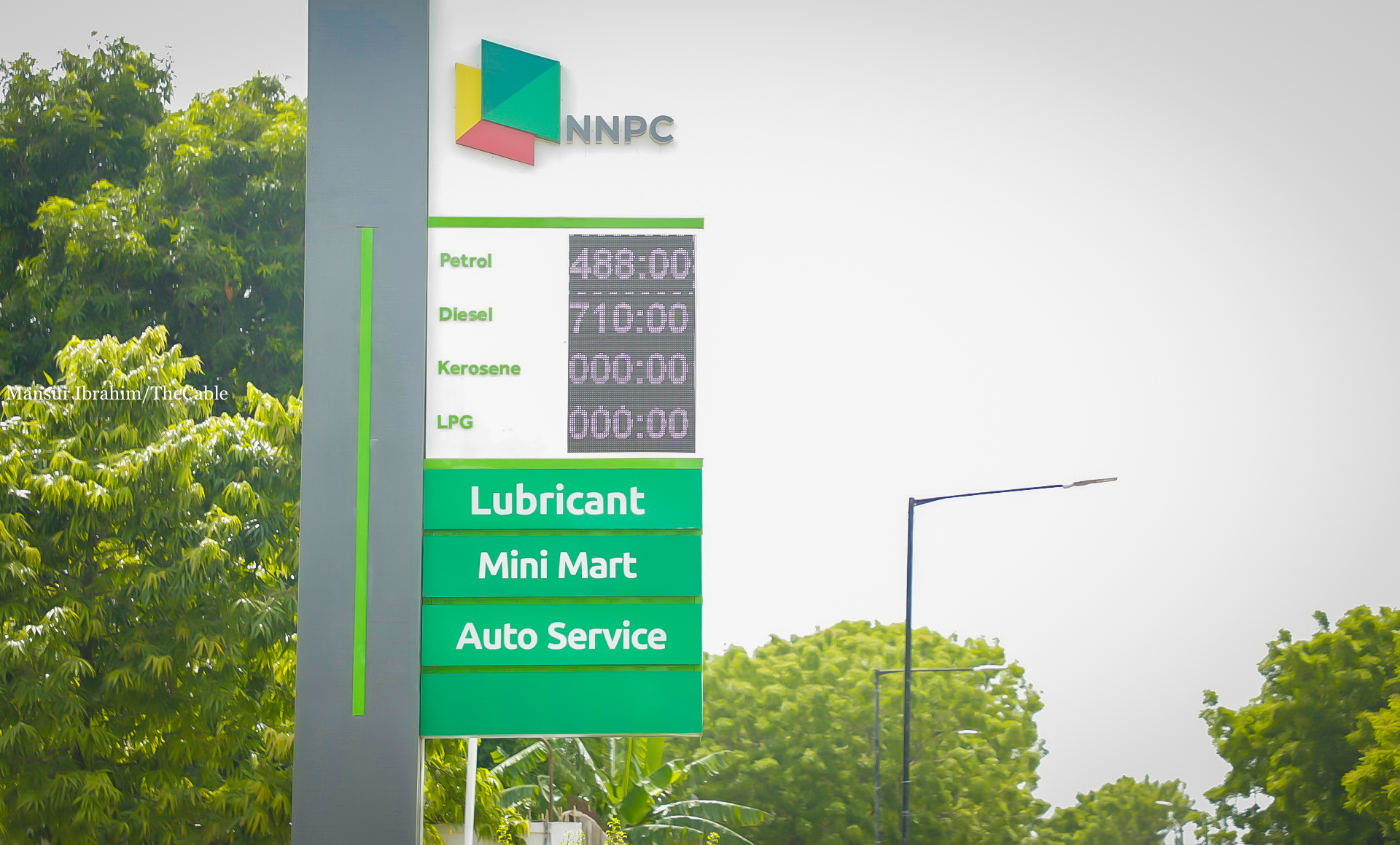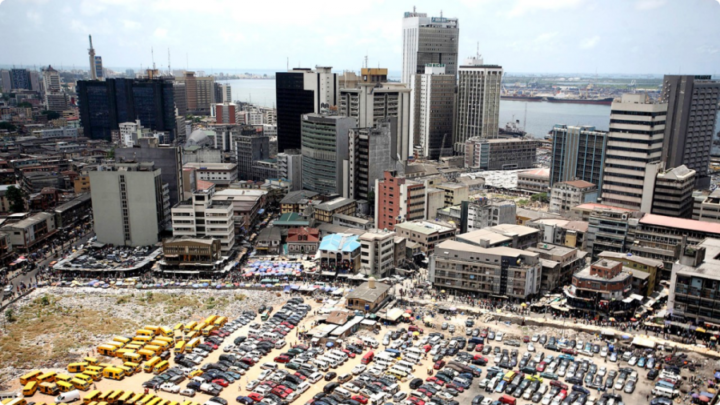BY EMEKA ORJIH
“Never let a serious crisis go to waste” – Rahm Emanuel, former chief of staff to US President Obama
Nigeria is in a serious crisis. The removal of petrol subsidy, essential as it is, piles incredible socio-economic pressure on already impoverished people, especially the 133 million living in multidimensional poverty. Inflation, already at 22.41% as of May 2023, is headed upwards. Stagflation is not far away.
Buried deep within these crises, however, is an opportunity. An opportunity to rethink and rebuild for greatness that which essentially is the engine room of Nigeria’s economic life – MSMEs. The ILO estimates that MSMEs contribute 48% of Nigeria’s GDP, account for 96% of businesses and as much as 84% of all employment! This simply means that if you can help MSMEs grow, you can help the highest number of Nigerians grow.
Advertisement
With petrol subsidy removed, the strategic imperative for the government presently should be to cushion the resultant negative socio-economic effects on citizens. There are only two ways to do that; increase citizen earnings or/and decrease price points of items citizens spend their earnings on.
Helping MSMEs grow ticks these two boxes simultaneously – MSME owners and employees earn more, while competition between increasing numbers of successful MSMEs drives prices down.
How then can government help MSMEs grow?
Advertisement
- Enhance our ease of doing business index. This includes amongst others, ensuring that enterprise
regulators and facilitators like NAFDAC, CAC, etc, become more business-friendly, efficient and effective; - Invest in technical and vocational education (TVE). Re-focus efforts on training and education around vocational and technical skills at various levels to grow productivity within MSMEs. Lack of capacity, more than lack of finance, is the biggest issue facing MSMEs in Nigeria. It’s not a coincidence that the countries with the world’s largest and best TVE systems are also the world’s richest economies – the US, China, Germany, Japan, and Switzerland. TVE drove their economies – not the other way around. In Nigeria, the NBTE established in 1977 to supervise and regulate TVE programmes offered by Nigeria’s 537 accredited polytechnics, technical colleges, colleges of health and of agriculture, needs a major revamp and overhaul to turn these TVEs into the knowledge/skillset pipeline of MSMEs. Education must be linked to industry;
- Encourage the creation of new local economies and ecosystems. Implement strategies that encourage the private sector creation of new local economies built around MSMEs across key industries, particularly sports, tech, agro/food, franchising, logistics, outsourcing, and the creative industry;
- Actively drive export and import substitution. Increasing the national dollar supply while reducing national dollar demand is the holy grail. NEXIM, NEPC, NCDMB and other government agencies involved in export promotion and import substitution need to be restructured for productivity. TVE need to be linked to MSME needs to help drive both export and import substitution.
- Effective tax management. Consider time-bound tax breaks. Streamline multiple taxation on
MSMEs; and - Strengthen MSME-related agencies. Ensure the right people manage critical MSME-related agencies like SMEDAN, DBN, BOI, BOA, NEXIM, NEPC, NCDMB, NAFDAC, CAC, NBTE, NISRAL, NDE, etc. These right people will:
- Creatively raise funds. Tap into vast and free development finance resources available offshore
through established networks and connections. Creatively unlock dead capital locked up in assets like rural and peri-urban land. Build out innovative and de-risked financial instruments to drive investments into MSMEs. Innovatively leverage existing local financing and organisational structures like Esusu and apprenticeship schemes. - Innovatively address bottlenecks hindering essential industries and value chains. Identify
bottlenecks that stall growth in industries and value chains. Pool financial and knowledge resources to engage and dismantle or overcome. - Proactively facilitate market linkages for MSMEs. Scan and identify market opportunities worldwide for value-added Nigerian products. Work backwards to ensure quality management and product delivery. Take advantage of programs like AGOA.
- Provide technical assistance. Deliver structured technical assistance to plug knowledge gaps in
management, supply chain, operations and go-to-market strategies of MSMEs. There are only two ways to do that: link MSMEs to relevant know-how and skillsets, or build a system that centralises, streamlines and/or appropriately manages the processes that MSMEs lack knowledge of. For instance, with the franchising model, you can centralise supply chain management, advertising, branding, quality control, etc, and take it off their hands. - Consider the establishment of an ‘MSME Czar’ to coordinate. Build out and execute a framework
that ensures effective coordination and alignment of all players and stakeholders in the MSME space including government agencies, donors, banks, TVE schools, MLAs, iNGOs, VCs/PEFs and DFIs. (Institutional MSME stakeholders in Nigeria largely operate in silos – resulting in costly overlaps, overlooked gaps, and a lack of maximization of economies of learning and scale). Nigeria should consider creating the office of ‘MSME Czar’ to drive this.
I know these strategies will work because I have actively seen them work in the course of my 29 years extensive experience delivering MSME impacts across 12 countries on the continents of North America, South Asia, and Africa. As assistant country director of USADF, I was in charge of operations for the only US government agency dedicated to building MSMEs on the African continent.
In Philadelphia, I worked for the US government agency dedicated to building MSMEs in the US – the Small Business Administration (SBA). I have worked for the World Bank Group in Washington DC and SE Asia delivering public sector reforms that aided MSME growth in Laos, Indonesia, Thailand and Cambodia; been MD of the largest CSR platform in Nigeria (where we built thousands of MSMEs with billions of CSR funds from blue chip companies MTN, Mobil, NLNG, etc); been managing partner of an international strategy consulting firm focused on helping international development agencies and offshore VCs and Funds partner MSMEs in Africa; been founder of a vibrant MSME innovation
hub in Nigeria; and been a successful serial social entrepreneur.
In these capacities, I have created and nurtured over 15,000 MSMEs across three continents – successfully syndicating international finance and know-how; tackling planning, supply chain and operational issues; and creating linkages to guaranteed markets globally.
I have a strong passion for MSMEs and their potential impact. I know that in the right hands, MSMEs would very literally change Nigeria and its economic landscape. Thus far though, one major driver of their poor performance in Nigeria has been inadequacy, not in principle, but in capacity to deploy and implement impactful MSME programs. As examples, I’ll pick three agencies as case studies to communicate this.
Advertisement
The three government-owned development finance agencies in Nigeria: the Development Bank of Nigeria (DBN), the Bank of Industry (BOI), and the Nigerian Export-Import Bank (NEXIM) have not been operating optimally.
- DBN operates as a wholesale bank, offering financing to MSMEs through commercial banks in an on-lending fashion. The implication is that commercial banks get cheap funds from the government and offer these funds to MSMEs at rates that are not sustainable, often exceeding 20%. This mostly means that commercial banks profit more from interventions designed for MSMEs than the MSMEs themselves.
- Bank of Industry seems more focused on treasury operations (raising funds externally at low single
digits, fixing the funds with commercial banks at double-digit rates to make a profit), rather than
implementing development finance. Interest income has accounted for only a fraction of their
reported annual profits in the past four years. - NEXIM on its own needs to considerably increase its balance sheet in order to enable it to support more export-oriented MSMEs. It also needs to diversify its portfolio in terms of services it offers to relevant businesses.
DBN, BOI and NEXIM require a comprehensive review – perhaps not in the mandate, but certainly in
implementation. As do other government agencies operating in this critical MSME space. We must bring
capacity for implementation into all of them – through appropriate human resourcing, structured
implementation processes, and quality impact management.
This is a perfect opportunity to rebuild MSME administration and promotion from the ground up in Nigeria. And in the process, to cushion the impact of subsidy removal — while helping millions of Nigerians create sustainable wealth.
If called upon, I will be happy to develop a robust and achievable implementation plan, complete with non-government sources of finance, to drive this MSME revamp.
Advertisement
It was the French military strategist and general, Supreme Commander Ferdinand Foch, who, at the 1st battle of the Marne during the 1st World War, so colourfully captured his very difficult position and his decision to, against all odds, attack: “Hard pressed on my right, my centre is yielding, impossible to manoeuvre. Situation excellent. I am attacking”.
Nigeria is hard-pressed on her right, our centre is yielding, and the situation is critical. But the situation is also excellent. It is the perfect time to ‘attack’ Nigeria’s MSME space. And just by the way, Ferdinand Foch won that battle of the Marne!
Advertisement
Orjih, a Wharton MBA and a finance and development strategist, was the assistant country
director of USADF (United States African Development Foundation). He can be reached via [email protected] or 08134018410
Advertisement
Views expressed by contributors are strictly personal and not of TheCable.






